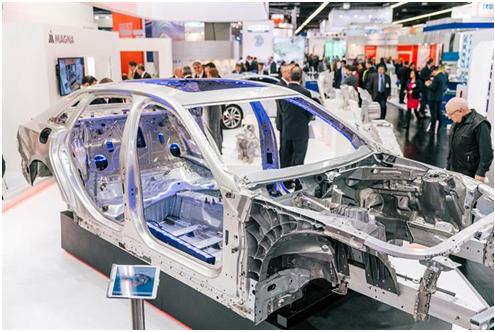When it comes to cookware, two materials have been dominating the market for centuries – cast iron and aluminum. Both offer their own set of advantages and disadvantages, making the choice between the two a matter of personal preference. In this article, we will compare these two heavyweight contenders and determine which one truly reigns supreme.
First, let’s take a closer look at cast iron. Known for its durability and excellent heat retention, cast iron cookware has been a staple in kitchens around the world for generations. Its naturally non-stick surface improves with time and use, making it ideal for searing, browning, and baking. Cast iron is also oven-safe, allowing for versatile cooking options.
However, cast iron does come with a few drawbacks. Its weight can be a challenge for some, making it difficult to handle and maneuver in the kitchen. Additionally, cast iron requires proper maintenance to prevent rusting and should not be cleaned with soap, as it can strip away the seasoning. Despite these minor inconveniences, the longevity and performance of cast iron make it a favorite among many seasoned chefs and home cooks.
On the other hand, we have aluminum cookware, which has gained popularity in recent years. Aluminum is lightweight, making it easier to handle and perfect for those with limited physical strength. It heats up quickly and evenly, reducing cooking time and ensuring even cooking throughout the dish. Aluminum cookware is also known for its affordability, making it an attractive option for budget-conscious individuals.
However, aluminum has its own set of drawbacks. While it conducts heat well, it does not retain heat as effectively as cast iron. This means that dishes cooked in aluminum may cool down faster once removed from the heat source. Additionally, aluminum has the potential to react with certain acidic or alkaline foods, resulting in a metallic taste. To combat this, many aluminum cookware manufacturers now offer non-stick coatings or anodized finishes to prevent such reactions.
So, which material truly reigns supreme? The answer ultimately depends on your cooking style and personal preferences. If you prioritize durability, heat retention, and versatility, cast iron is the clear winner. It may require more effort in terms of maintenance, but its performance and longevity make it worth the investment. Cast iron is perfect for dishes that require long simmering or slow cooking, such as stews or roasts.

On the other hand, if you value lightweight cookware that heats up quickly and is easy to handle, aluminum is the way to go. It is an excellent choice for quick stir-fries, sautéing, or boiling. With proper care, aluminum cookware can last for a long time and provide consistent cooking results.
In conclusion, both cast iron and aluminum have their own strengths and weaknesses. Cast iron excels in heat retention and durability, while aluminum shines in its lightweight and quick heating properties. The choice between the two ultimately comes down to personal preference, cooking style, and budget. Whichever material you choose, both cast iron and aluminum will undoubtedly be reliable companions in your culinary adventures.
-

- Thixomolding parts & components mobile phone middle board processed
-

- Bicycle Freehub 12/14/16 Inch Children Bike Low Rider Bikes Magnesium Aluminum Alloy Children Bicycle 3-8 Years Old In Stock
-

- Magnesium alloy die-casting rigid fork for bike
-

- parts&comopnents for bicycle suspension fork for MTB
-

- Magnesium alloy rigid fork for bicycle -customized die casting metal parts
-

- Magnesium alloy bike parts & componenets for kid’s push bike

 0086-750-5616188
0086-750-5616188 +86 13392089688
+86 13392089688 sales@zhongmei-tech.com
sales@zhongmei-tech.com







